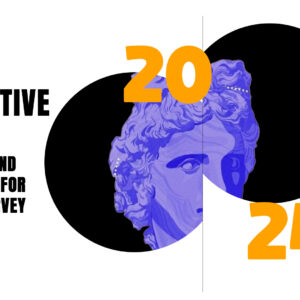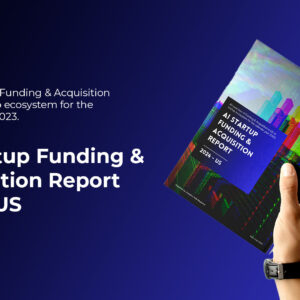The latter half of the 20th century saw the gradual consolidation of “data science” with key developments in the field of computer science. Several studies and surveys were conducted on the analytical techniques and data processing methods. This, along with technological advancements in the field of artificial intelligence, machine learning and other related fields, provided the base for the exponential expansion of data stockpiles in the 21st century.
As data gained value as an asset for organisations, they turned to data science to derive crucial insights for better business outcomes. Many enterprises established data science wings. Being a relatively new and emerging field, these wings were initially under the direct control of core executive leadership.
With time, it came to light that data science can be impactful for every aspect of any business organisation. Thus, many organisations started having a separate data science wing for each vertical. This gave rise to centralised and decentralised structure of data science teams.
With the increasing dependence on data, firms are building their own data teams comprising of statisticians, data scientists/engineers and machine learning experts. Whether these teams are valuable for organisations and whether their contribution adds enough value depends on the structure of the data teams. Our research indicates that data teams can be broadly structured in three ways — centralised, decentralised or hybrid (also referred to as matrix in certain cases) based on their decision-making powers and whom they report to in the organisation.
This report attempts to understand how data science teams across several organisations are structured depending on the size, age and headquarters of the organisations. The report talks about the pros and cons of each structure and the value it adds to the organisation. The report identifies the distribution of companies that have adopted respective working models. Finally, it highlights some case studies to help readers further understand how these structures work.


















